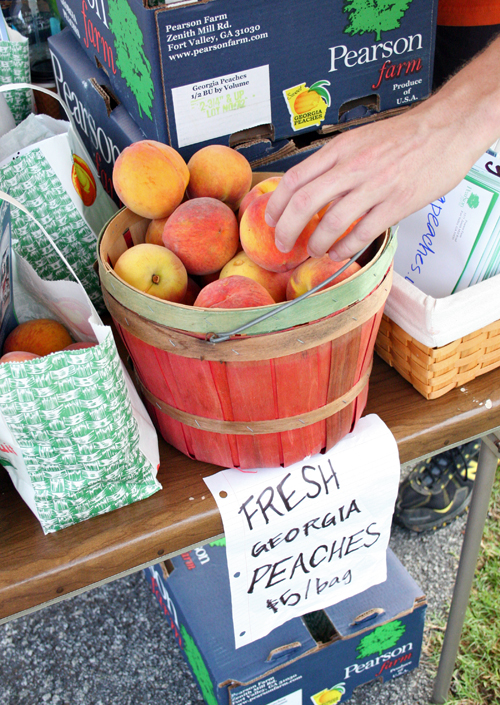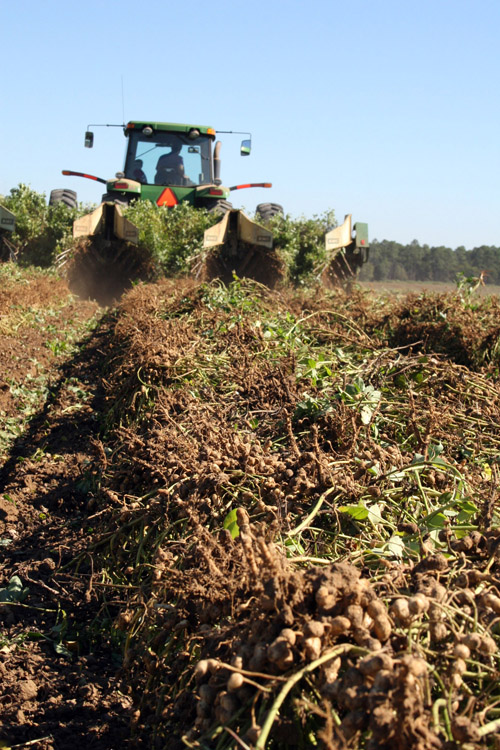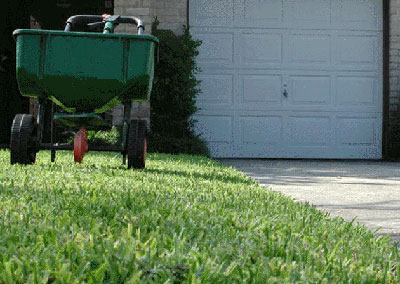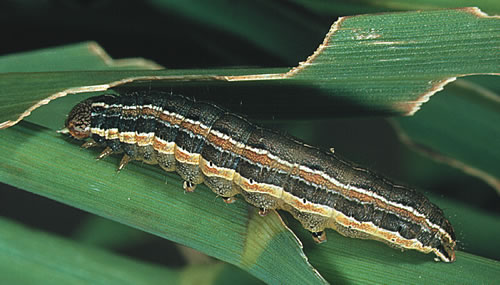 CAES News
CAES News
Local food systems
The University of Georgia hopes to bring gardening, fresh produce and nutritious food a little closer to the people who need it by first educating its students.

.jpg)


.jpg)

